On November 19, 2019, "Colonisers Speak - 60 years after Congo's independence" was published on EU Observer by Milan Schreuer. The article describes Belgium's exploitation of the Congo and its genocide. Schreuer used André de Maere's memoirs in the Congo as the basis and attributed the genocide accusation to changes in the population and maltreatment of the local population.[1] André de Maere sent a letter in response to the article, stating that Belgium had assisted in the development the Congo in 1885-1960 and did not acknowledge that they had carried out colonialist activities. In addition, in response to the accusation of genocide, André de Maere explained the changes in the census with diseases and a wrong census.[2]
As it is known, the 1948 UN Convention on the Prevention and Punishment of Genocide was adopted after Raphael Lemkin brought the term 'genocide' into literature and passed it on to international law. Lemkin developed the concept of ‘genocide’ to describe the Holocaust and to register ‘genocide’. In addition, Lemkin describes the claims regarding the 1915-1916 Relocation and Settlement period as “Armenian Genocide”. In this context, it is known that the West has accused Turkey of the so-called Armenian genocide based on Lemkin's claims. Belgium, which is mentioned in the article, has accused Turkey of the so-called Armenian genocide by its decision in its parliament. Belgium stated that she based her decision on the work of Lemkin, like other European States and the West.
In addition, Lemkin stated in his work in much more detail that Belgium committed genocide in Congo. Many researchers believe that; in the studies published by E. D. Morel (King Leopold's rule in Africa, 1904), it is seen in photographs that crimes against humanity have been committed. However, Belgium does not accept this accusation; Belgium defends herself with the argument that The Congo Free State was the private property of King of Belgium Leopold and that Belgium has no connection with what has happened. In this context, it is also known that Europe has attempts to develop cooperation / financial aid with the former colonies in order not to be criticized and not to be the target of the accusations. However, these initiatives are not sufficient to cover up the crime of genocide, nor are they ethical.
At this point, this is what should be questioned; specific to Belgium, the West and Europe, instead of questioning themselves, they are accusing Turkey with genocide by uncorroborated ruling before completing their reckoning. The West will be considered hypocritical due to its allegations/accusations based on Lemkin's work and the decisions that have been passed through its parliaments. Europe and the West must acknowledge that Belgium committed a genocide in the Congo (The Independent State of Congo at the time). In this context, if human rights are relevant, the decisions which are based on Lemkin's arguments and on Armenian claims create inconsistency. At this point, there is no doubt that the decisions were taken with political reflexes. It is important to note that today the Democratic Republic of Congo does not have a place like Armenia which is positioned by the states in the international community -for their own benefit- and does not have diaspora power like Armenia.
On the other hand, of course the studies of Raphael Lemkin and the parliamentary decisions based on these studies are not binding; these studies and decisions also not binding in international law. The Convention on the Prevention and Punishment of the Crime of Genocide 1948 constitutes the basis for registering the crime of “genocide”. If Europe / the West is really concerned about “humanity”, it should be able to discuss the issue in their parliaments by self-reflection themselves.
[1] “Colonisers speak - 60 years after Congo's independence”, Eu Observer, 19 November 2019
[2] “Letter to the editor regarding Congo and Belgium”, Eu Observer, 27 November 2019
© 2009-2025 Center for Eurasian Studies (AVİM) All Rights Reserved

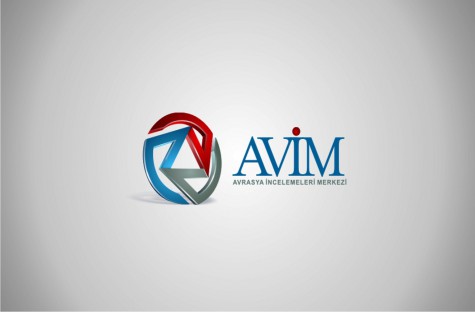 FREEDOM OF EXPRESSION
FREEDOM OF EXPRESSION
 HARVARD UNIVERSITY’S BELFER CENTER-UNBECOMING ACADEMICS
HARVARD UNIVERSITY’S BELFER CENTER-UNBECOMING ACADEMICS
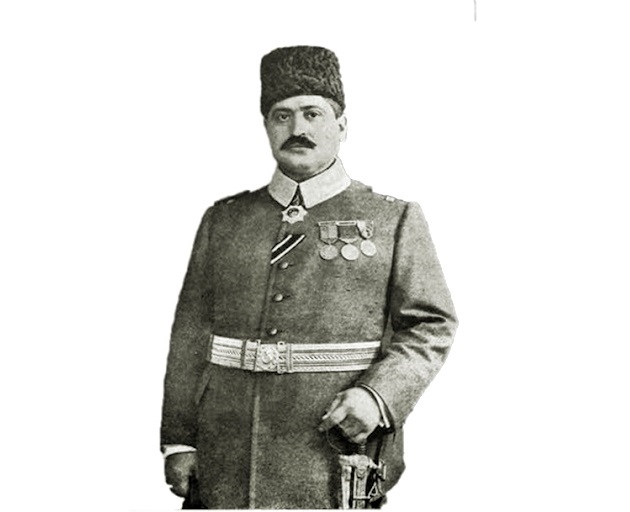 DR. PAT WALSH’S RECENT ARTICLE ON THE TALAT PASHA QUESTION
DR. PAT WALSH’S RECENT ARTICLE ON THE TALAT PASHA QUESTION
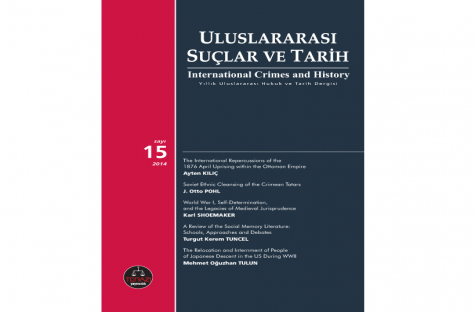 THE LATEST ISSUE OF THE JOURNAL OF INTERNATIONAL CRIMES AND HISTORY HAS BEEN RELEASED.
THE LATEST ISSUE OF THE JOURNAL OF INTERNATIONAL CRIMES AND HISTORY HAS BEEN RELEASED.
 A NEVER-ENDING FICTIONAL NARRATIVE: ARMENIANS OF MUSA DAGH
A NEVER-ENDING FICTIONAL NARRATIVE: ARMENIANS OF MUSA DAGH
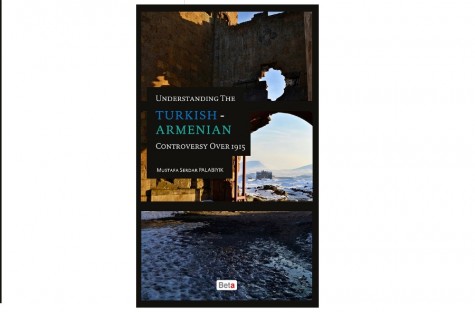 BOOK LAUNCH-UNDERSTANDING THE TURKISH-ARMENIAN CONTROVERSY OVER 1915
BOOK LAUNCH-UNDERSTANDING THE TURKISH-ARMENIAN CONTROVERSY OVER 1915
 EXTREMIST KURDISH – ARMENIAN COOPERATION IN HISTORY
EXTREMIST KURDISH – ARMENIAN COOPERATION IN HISTORY
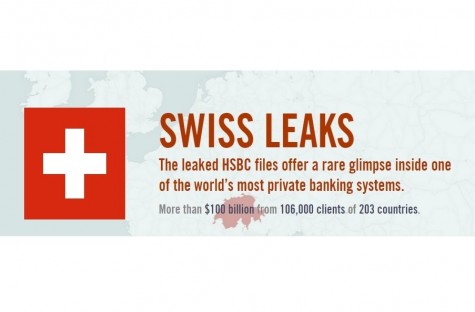 THE SWISS BANK ACCOUNT OF KAREKIN II
THE SWISS BANK ACCOUNT OF KAREKIN II
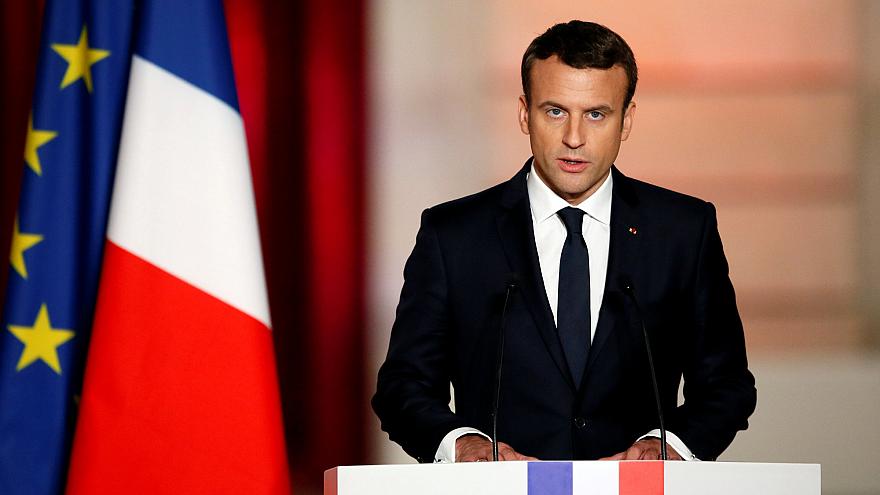 FRANCE DECLARES APRIL 24 COMMEMORATION DAY OF SO-CALLED ARMENIAN GENOCIDE
FRANCE DECLARES APRIL 24 COMMEMORATION DAY OF SO-CALLED ARMENIAN GENOCIDE




























